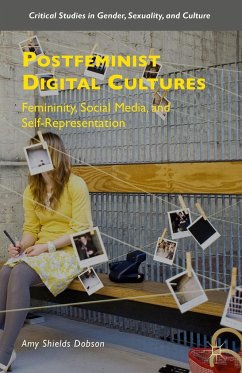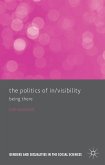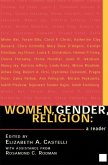This book explores the controversial social media practices engaged in by girls and young women, including sexual self-representations on social network sites, sexting, and self-harm vlogs. Informed by feminist media and cultural studies, Dobson delves beyond alarmist accounts to ask what it is we really fear about these practices.
"This book usefully examines the 'social media practices' and 'digital self-representations' of girls and young women that comes with increasing access to the Internet. ... Dobson's work contributes to a growing body of scholarship that frames girls and women as agentic and empowered individuals, in a postfeminist era. ... provides a head start for research in non-Western contexts, where work on postfeminism and postfeminist digital cultures has been scarce." (Bernice Loh, Eras Journal, Vol. 18 (1), August, 2016)
"Postfeminist digital cultures gives us a deep insight into the complexity of online participation. It offers a nuanced, thoughtful and sympathetic analysis of the girls and young women negotiating postfeminist sensibility, while remaining critical of the cultural conditions of possibility that frame their negotiations. It is a must read for scholars - established and developing - interested in postfeminism, contemporary female subjectivity and digital cultures, while any of the analysis chapters should elicit a great student seminar discussion." (Sarah Riley, Feminism & Psychology, May, 2017)
"Postfeminist digital cultures gives us a deep insight into the complexity of online participation. It offers a nuanced, thoughtful and sympathetic analysis of the girls and young women negotiating postfeminist sensibility, while remaining critical of the cultural conditions of possibility that frame their negotiations. It is a must read for scholars - established and developing - interested in postfeminism, contemporary female subjectivity and digital cultures, while any of the analysis chapters should elicit a great student seminar discussion." (Sarah Riley, Feminism & Psychology, May, 2017)








